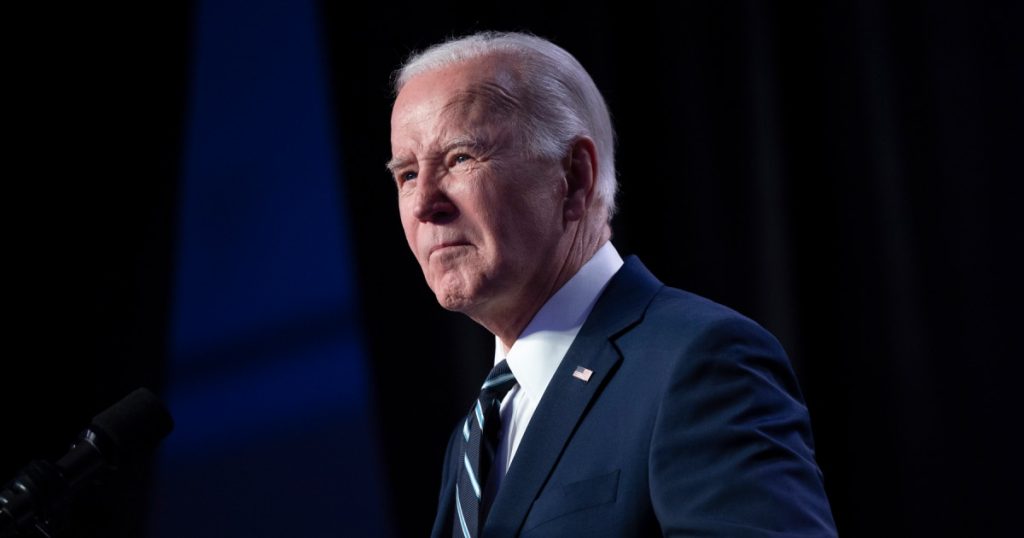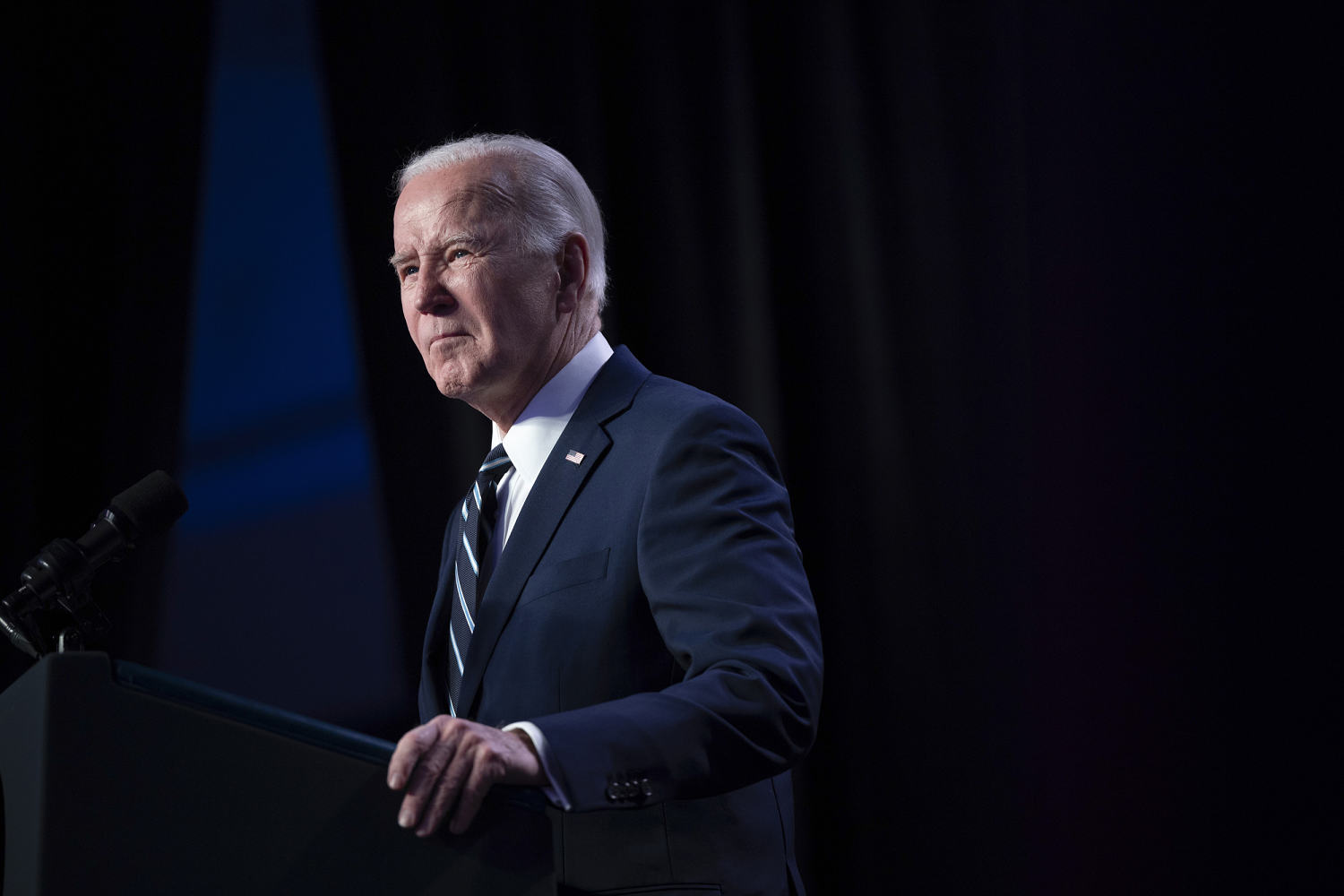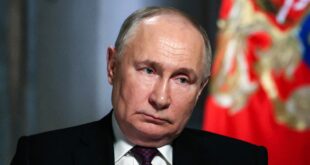

WASHINGTON — President Joe Biden on Friday announced more than 500 new sanctions on Russia over its war in Ukraine and the death of Russian opposition leader Alexei Navalny last week in prison — the largest tranche since the conflict began, the administration said.
Biden said the sanctions would target those connected to Navalny’s imprisonment, as well as Russia’s financial sector, defense industrial base, procurement networks and sanctions evaders across several continents.
“They will ensure Putin pays an even steeper price for his aggression abroad and repression at home,” Biden said in a statement about the sanctions. He noted the action is timed with the second anniversary of Russia’s invasion of Ukraine.
The U.S. is also imposing export restrictions on almost 100 entities that support Russia’s military efforts and taking action to reduce Russia’s energy revenues, Biden said.
“I’ve directed my team to strengthen support for civil society, independent media, and those who fight for democracy around the world,” he added.
Biden emphasized the need for Congress to pass the Senate foreign aid package, saying Ukraine is “running out of ammunition.” Ukraine needs more supplies from the U.S. to “hold the line against Russia’s relentless attacks,” which are enabled by ammunition and arms from Iran and North Korea, the president said.
“That’s why the House of Representatives must pass the bipartisan national security supplemental bill, before it’s too late,” Biden said.
The Treasury Department said in a release detailing the sanctions that its Office of Foreign Assets Control is targeting almost 300 individuals and entities; combined with actions by the State Department, the administration’s moves bring the total number of targets sanctioned to more than 500 — the largest number of sanctions imposed on Russia since it invaded Ukraine, the release said.
Treasury also noted that the State Department is designating three Russian government officials in connection with Navalny’s death, but didn’t identify them. The Department of Commerce, meanwhile, is placing trade restrictions on more than 90 companies.
Deputy Treasury Secretary Wally Adeyemo told reporters Thursday night that the sanctions aim to do two things: “One is reducing Russia’s revenues; the second is making sure that Russia can’t get access to the goods they need to build the weapons they want for their war.”
Adeyemo said previous U.S. sanctions have been successful, reducing the country’s oil revenues by 40% and causing Russia to struggle to access goods it needs to build weapons.
“Fundamentally, our strategy does not only pertain to slowing down Russia’s ability to build the weapons they want, it also includes speeding up the Ukrainians’ ability to defend themselves by providing them with weapons and resources to build their economy,” Adeyemo said.
He added that people won’t recognize many of the hundreds of names on the sanctions list “because ever since our first round of sanctions, Russia has been leveraging its intelligence services to find ways to evade our actions and procure the goods it needs to resupply the battlefield and now to make those goods at home.”
Russia’s wartime transformation is allowing the U.S. to target densely concentrated production “in new and efficient way,” Ademeyo said. “With such vertical integration, we can hit the entire supply chain, and attempts to fortify his military industrial base have only made it more vulnerable. If Russia is going to turn its industries into wartime producers, then all Russians production is now fair game.”
The sanctions package, which the president previewed Tuesday, was announced exactly a week after Russia’s prison service said Navalny, 47, died in a Russian penal colony above the Arctic Circle. He was serving a combined prison sentence of more than 30 years on charges of extremism and fraud, which he denied.
On Thursday, Biden met with Navalny’s wife, Yulia Navalnaya, and their daughter, Dasha, in California.
Navalny’s mother, Lyudmila Navalnaya, said in a video statement Thursday that she was allowed access to her son’s body in a morgue, but her lawyer had not been able to come with her. She alleged Russian authorities were “blackmailing” her by threatening that if she didn’t agree to a secret funeral, they would “do something with the body.”

 Latest Breaking News Online News Portal
Latest Breaking News Online News Portal




